

Are You Still Believing These Common Myths And Misconceptions About Marijuana?
For decades, marijuana has been surrounded by myths, fear, and misunderstanding. Many of these beliefs came from outdated studies and anti-cannabis campaigns. Thankfully, we’ve come a long way. With legalization and education across Canada, people are beginning to understand that much of what they once believed about cannabis simply isn’t true. Let’s take a closer look at some of the most common myths — and what the evidence really says today.
“Cannabis stays active in your body for weeks.” — False
THC, the main psychoactive compound in cannabis, does linger in fat cells, but only as inactive residue once the high wears off. The psychoactive effects typically last a few hours, and although trace metabolites can be detected in your system for days or weeks, they don’t cause ongoing impairment or any harmful effects. So yes, THC is stored in fat — but it doesn’t keep working once the high is gone.
“Cannabis causes permanent memory loss.” — Mostly False
Cannabis can temporarily affect short-term memory, especially with high-THC strains or heavy use, but these effects are reversible once the person sobers up. There’s no solid scientific proof that moderate, responsible medical cannabis use leads to permanent memory damage in adults. Temporary impairment? Yes. Permanent loss? No evidence for it.
“Cannabis makes people lazy or unmotivated.” — False
The idea of an “amotivational syndrome” is not supported by strong evidence. Some people may feel relaxed or less active after consuming high doses, but that’s not the same as losing long-term motivation. Many medical patients actually report better focus and function once symptoms like pain, anxiety, or insomnia are managed. Veterans, especially those living with PTSD, have found that medical cannabis helps them regain energy and motivation — programs like Grow Vets continue to support them on that journey.
“Cannabis increases crime or aggression.” — False
This myth couldn’t be further from the truth. Large studies, including those reviewed by Health Canada, show no link between cannabis use and violent behaviour. In fact, alcohol is far more associated with aggression. Medical cannabis patients are typically peaceful, responsible, and law-abiding — most simply want safe, legal relief through a medical cannabis clinic in Toronto or elsewhere in Canada.
“Cannabis kills brain cells.” — False
The claim that marijuana destroys brain cells came from flawed studies in the 1970s. Modern brain-imaging research shows no evidence of this. While high doses of THC can cause short-term anxiety or paranoia, those effects disappear as the substance leaves your system. No brain-cell death — only temporary neurochemical changes.
“Cannabis is a gateway drug.” — False
This claim has been repeatedly debunked. While some people who use harder drugs may have tried cannabis first, most cannabis users never move on to anything else. Social environment and mental-health challenges are much stronger predictors of later substance use. In short, it’s correlation, not causation.
“Cannabis damages the lungs.” — Partly True
Smoking any substance can irritate the lungs. Heavy, long-term smoking of cannabis may cause mild coughing or throat irritation, but patients today have safer options. Vaporizing, tinctures, edibles, and oils completely eliminate smoke exposure. Unlike tobacco, cannabis doesn’t contain chemical additives or tar, and patients with an ACMPR personal grow licence in Canada can grow clean, additive-free medicine right at home.
In short, most of these old beliefs are exaggerated or outdated. Science and patient experience have shown that when used responsibly under medical supervision — and through Health Canada’s regulated access programs — cannabis is generally safe for adults and offers valuable therapeutic benefits.
We hear it all when it comes to rumours about cannabis — and we’re here to clear the smoke and give you the facts, no misleading or falsehoods. At GrowLegally, we’ve always been education-driven, and advocacy is our foundation. If you’re ready to explore whether medical cannabis could help you, or want to learn how to get a medical marijuana card in Ontario or apply for your medical cannabis grow licence, the educators and health professionals at GrowLegally are here to help. Visit GrowLegally.ca to discover safe, legal access to medical cannabis in Toronto and across Canada.
Previous Post
Next Post

Storing Medical Cannabis – Learn how to properly store your cannabis and keep its potency strong.
Go To Post
Before Acquiring Medical Marijuana, Here Are 2 Questions That Your Doctor Is Likely To Ask You (Plus a Bonus One!)
Go To Post
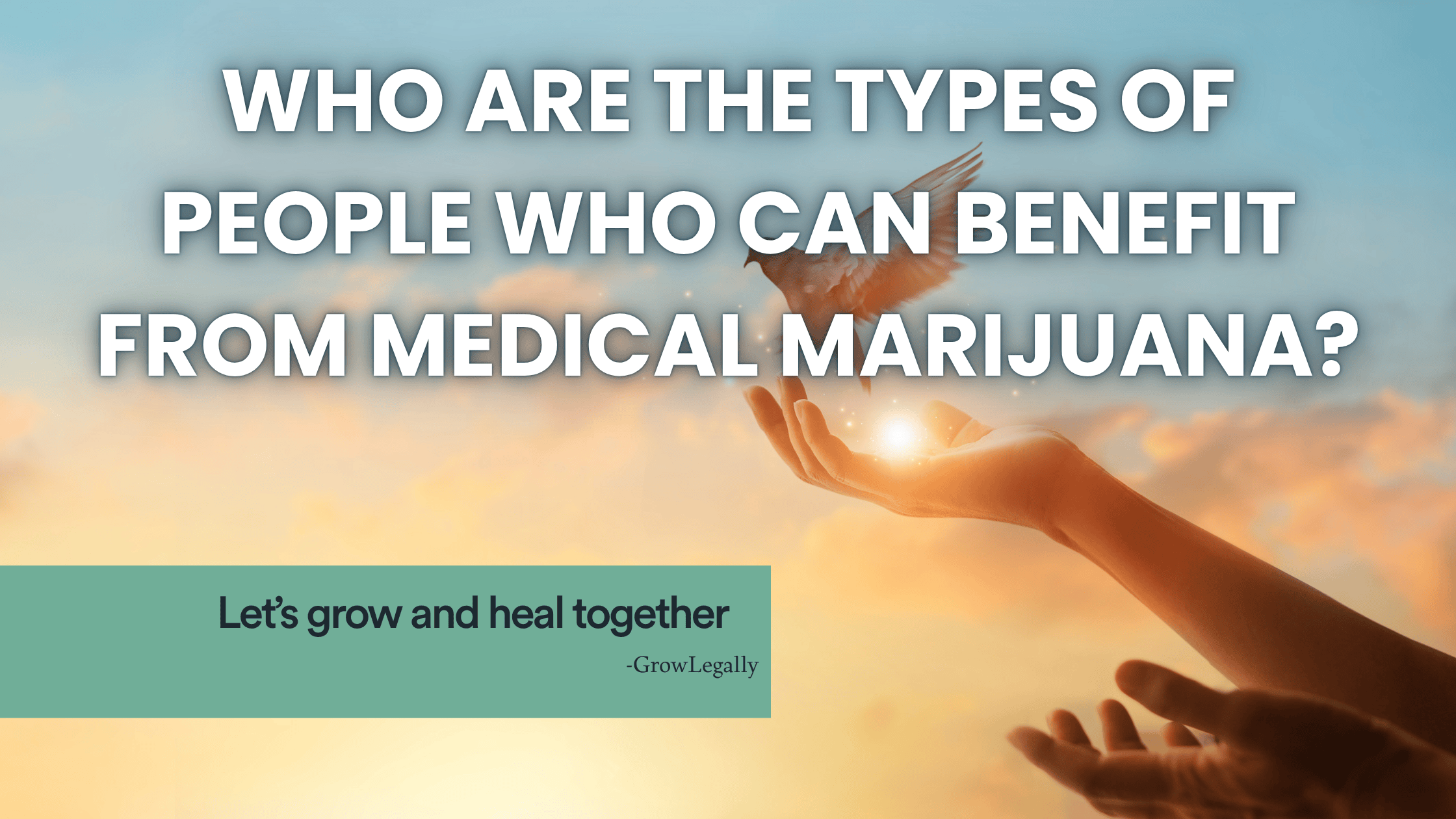
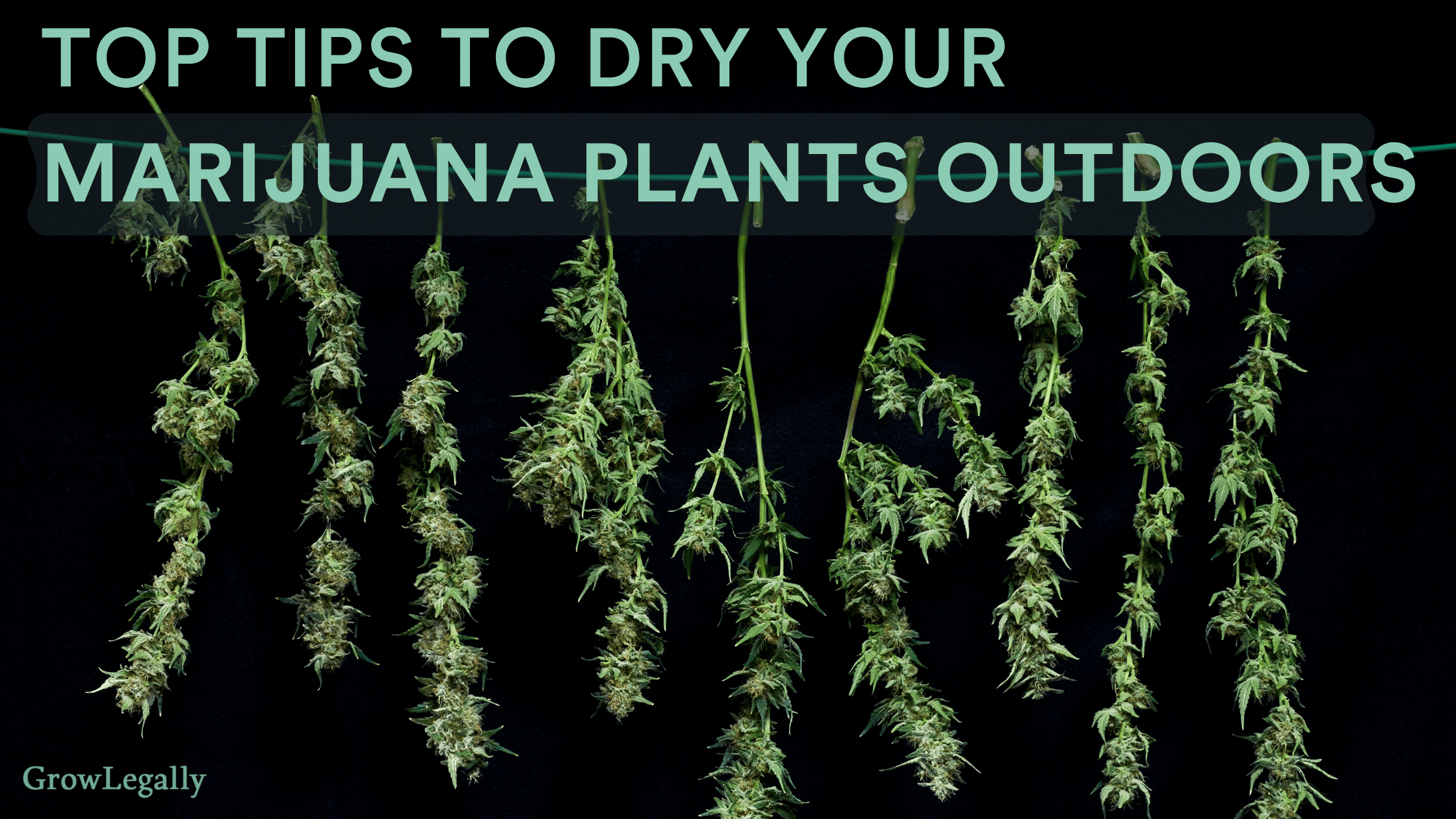
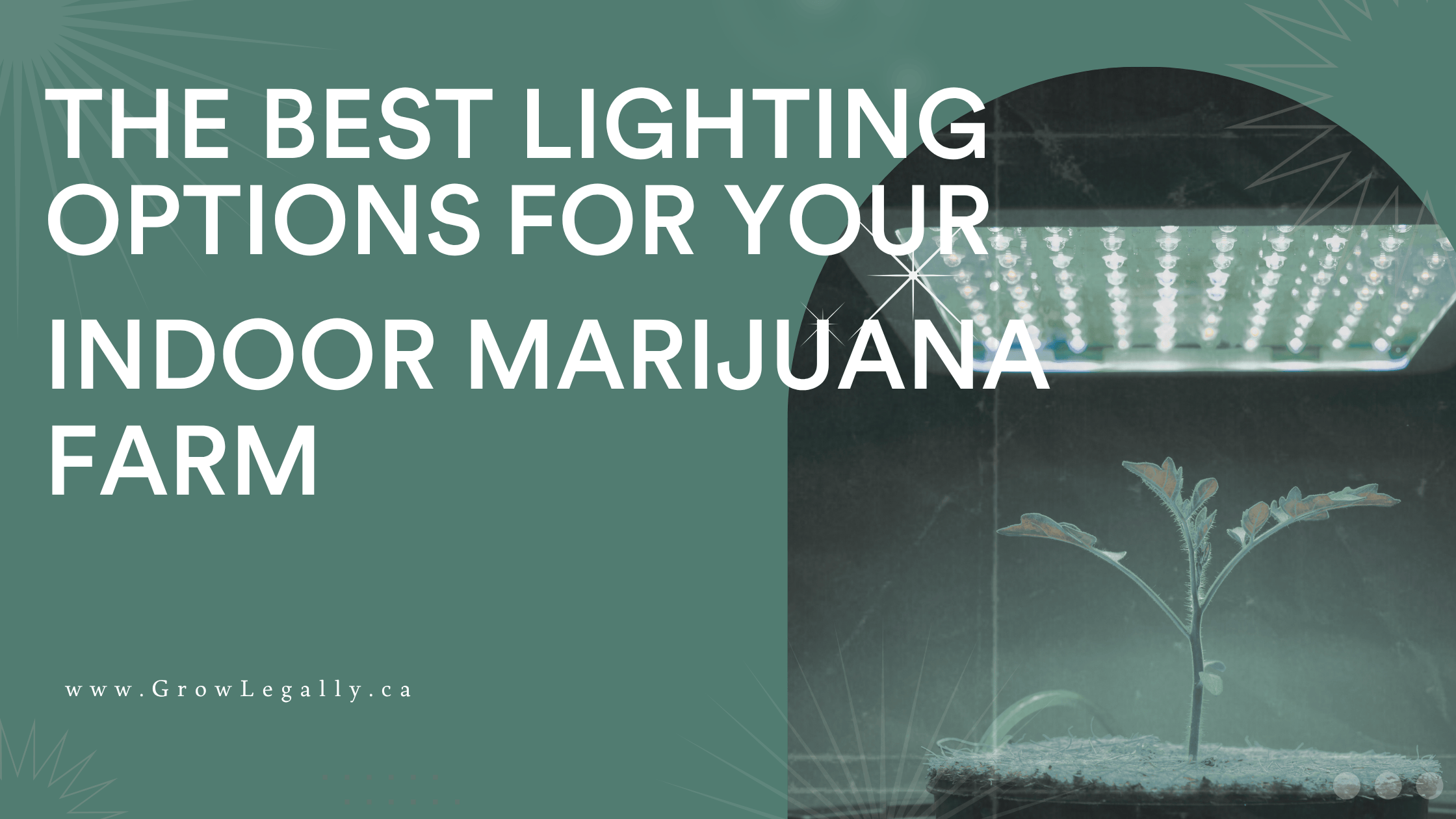
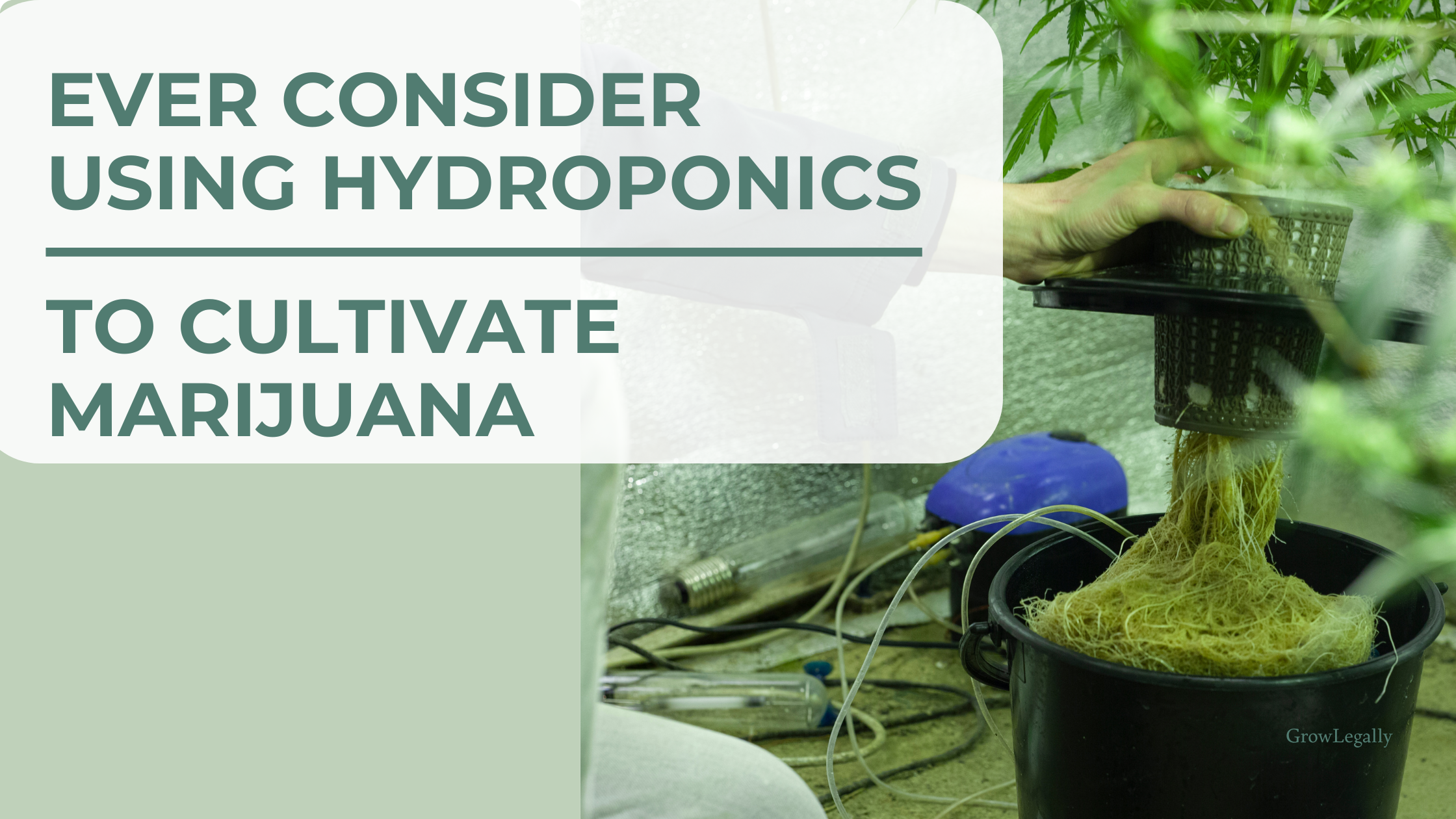
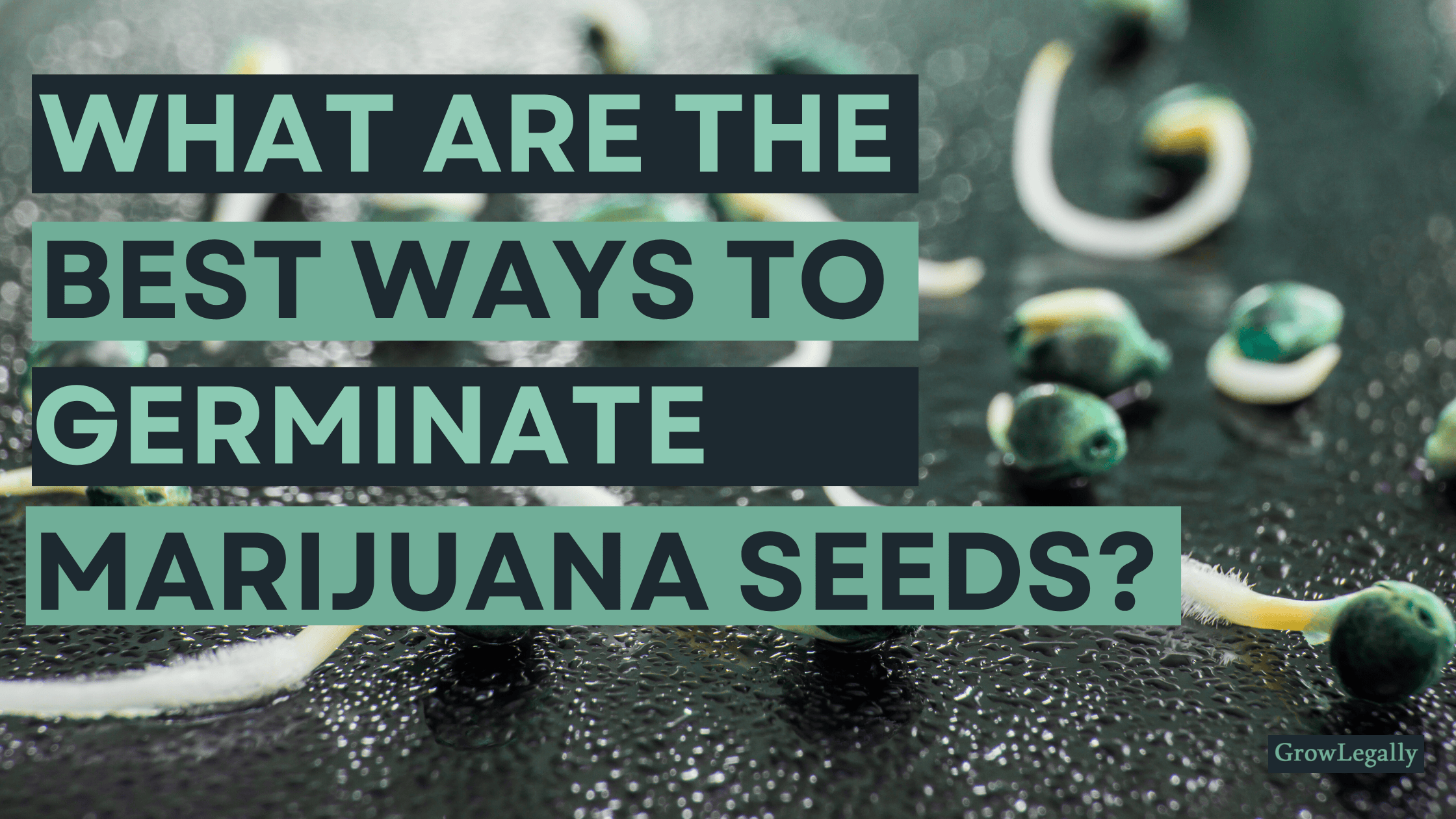
.png)
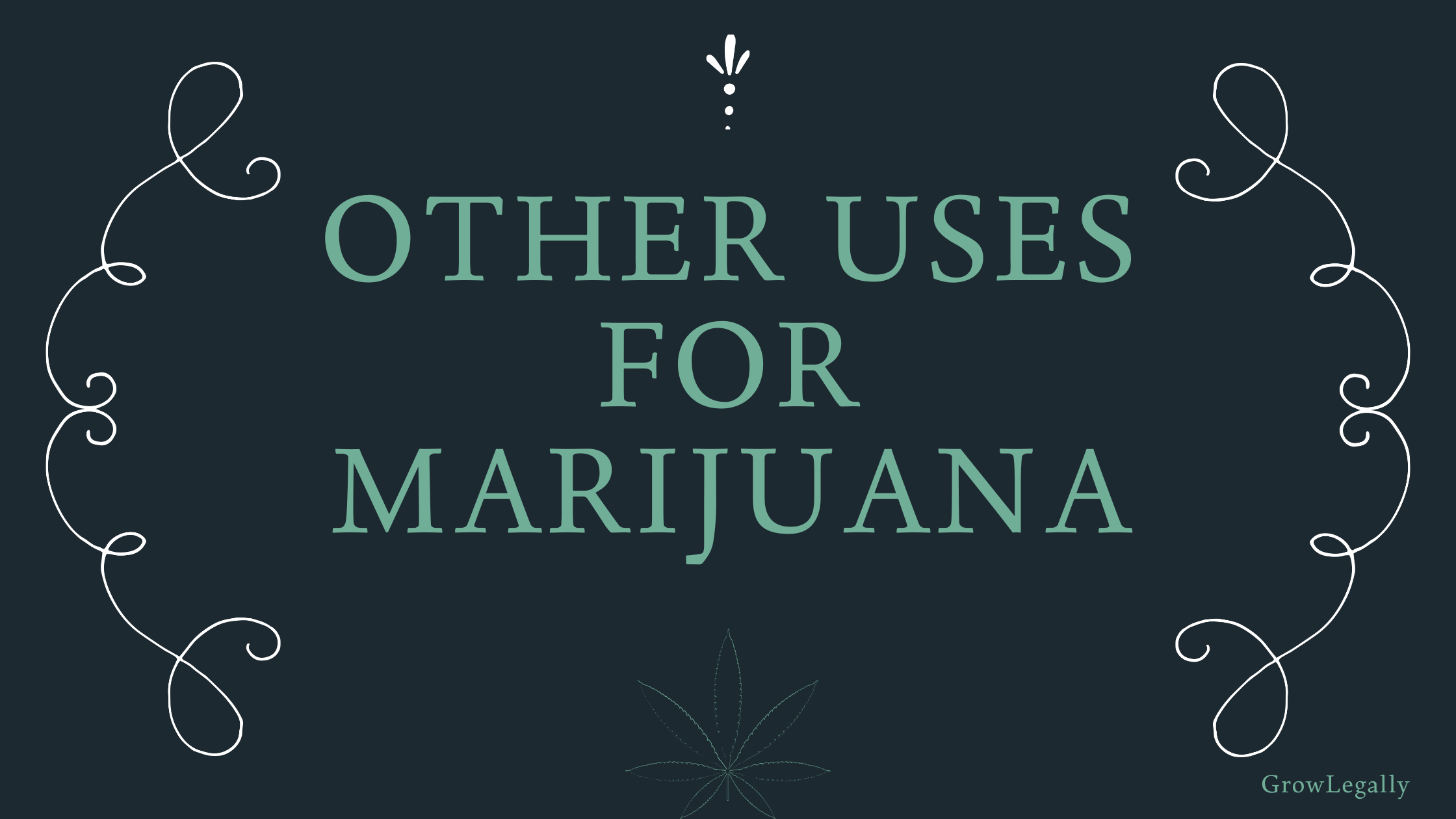
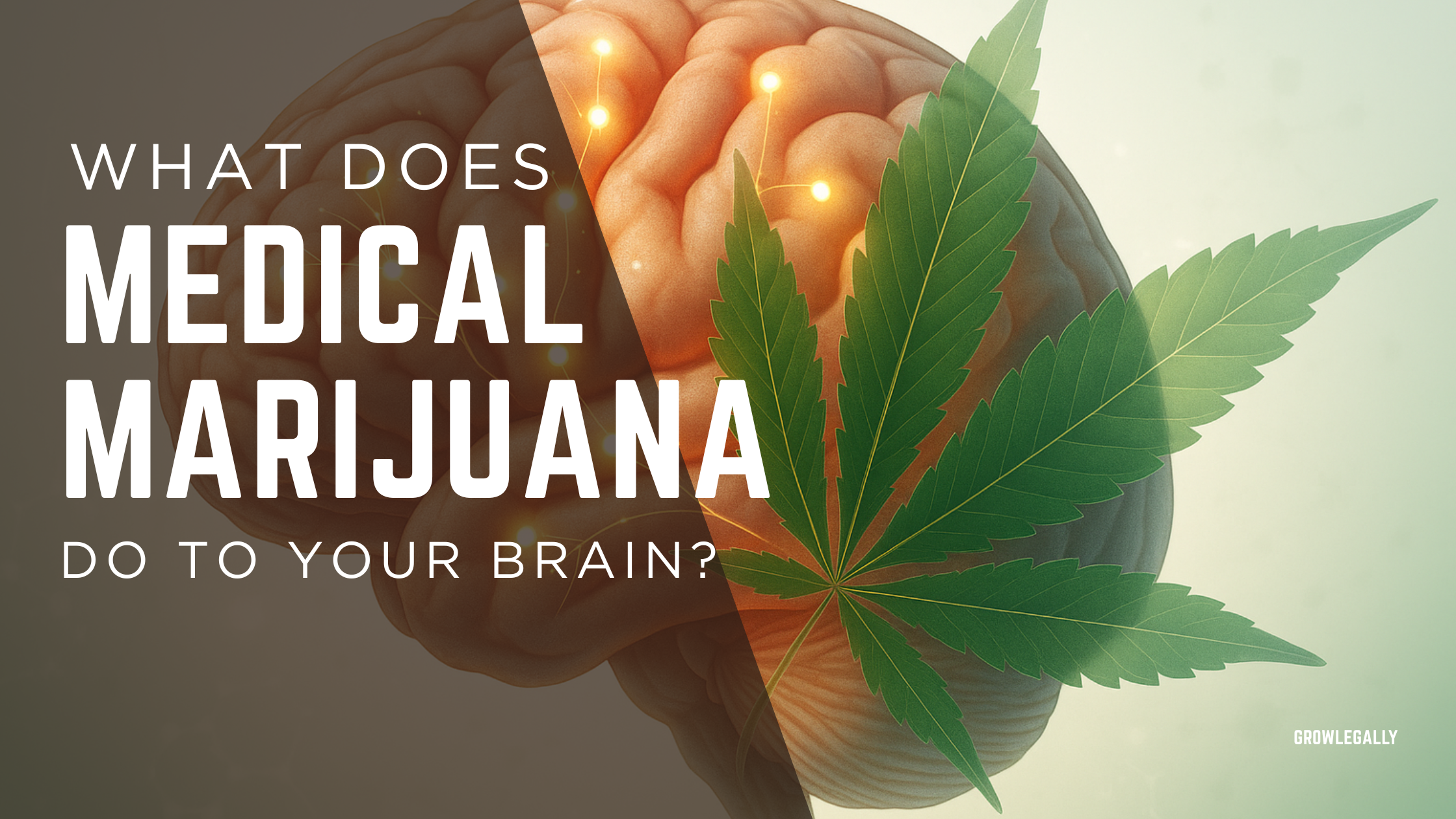
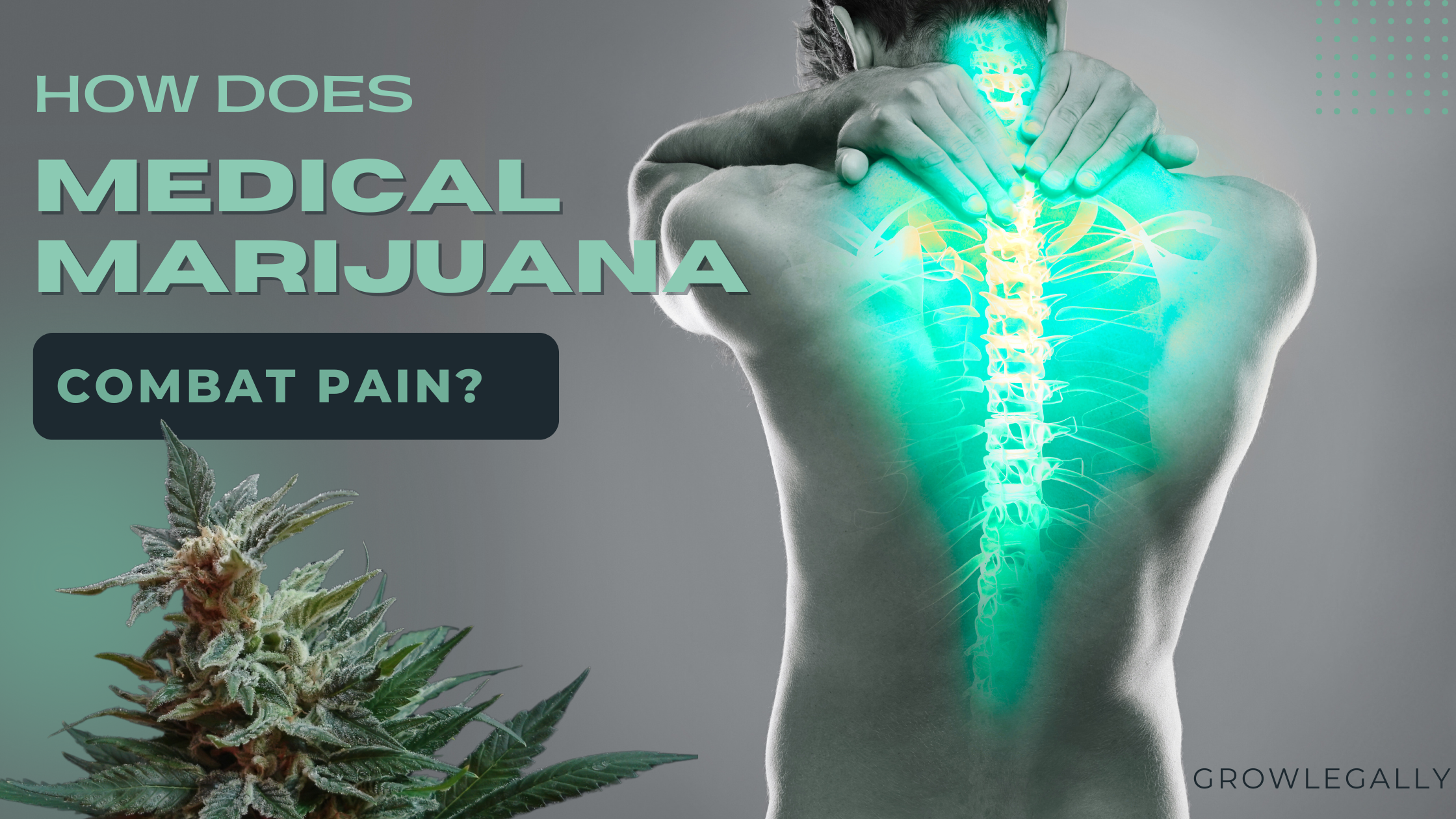
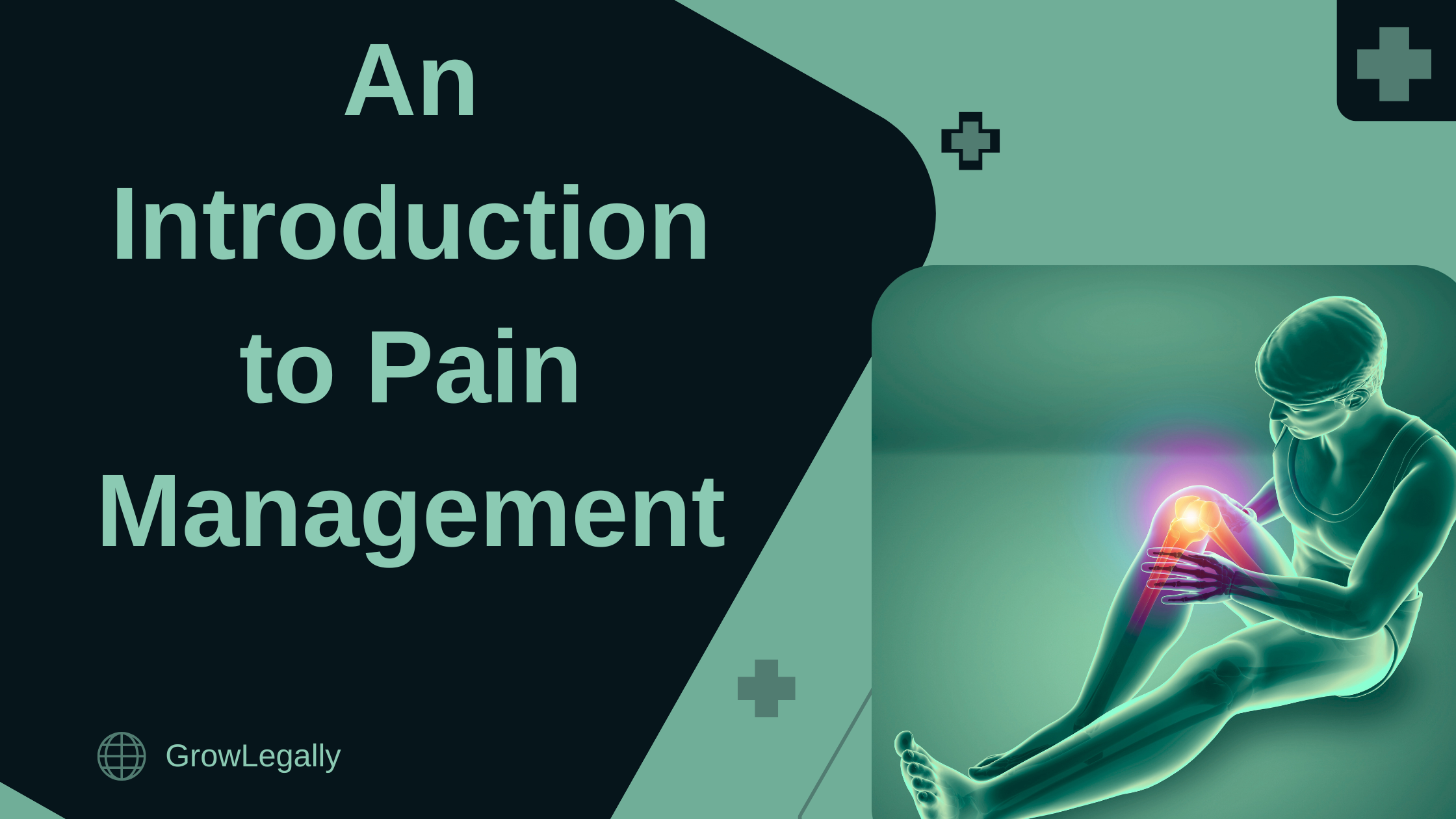
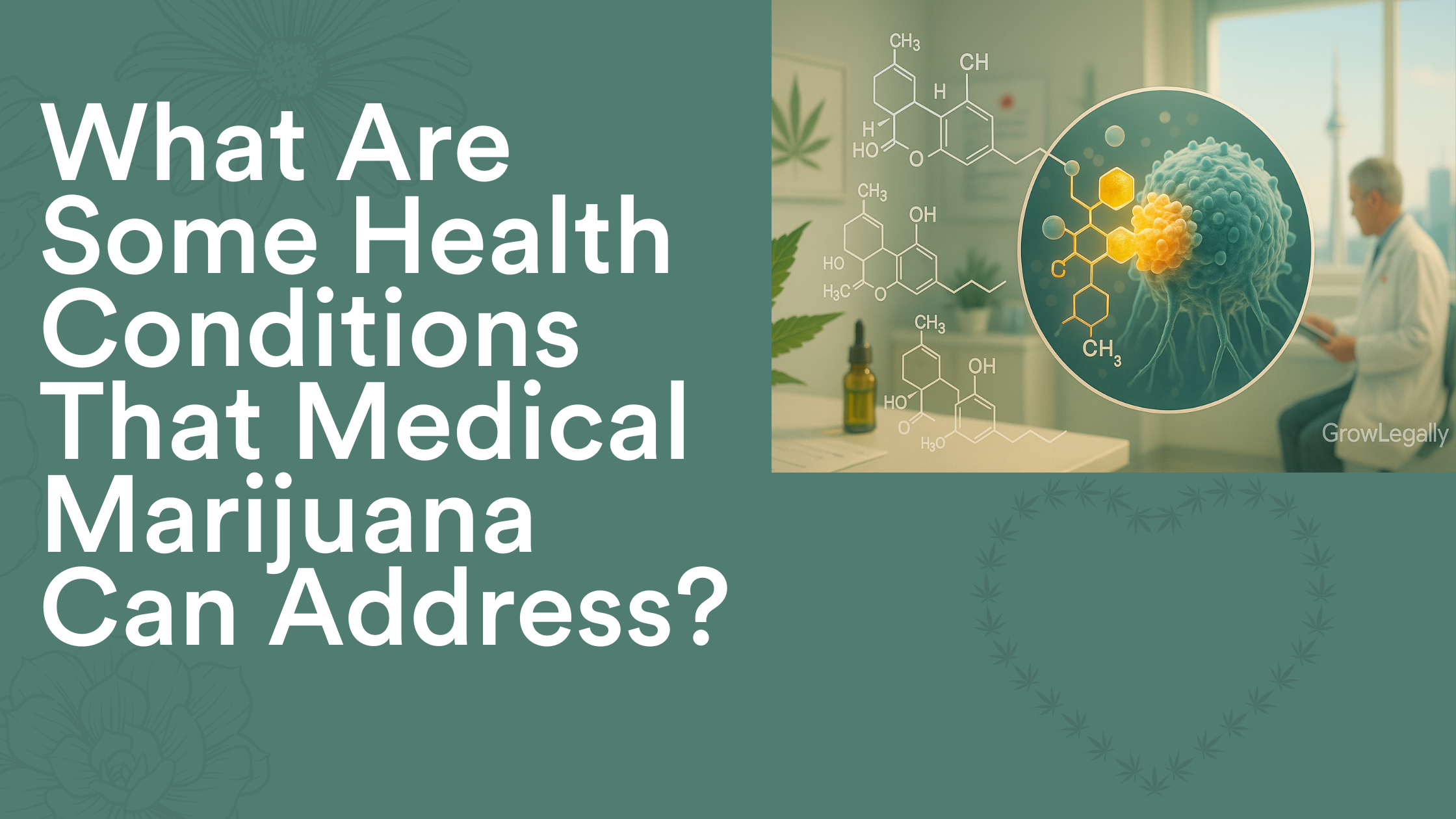
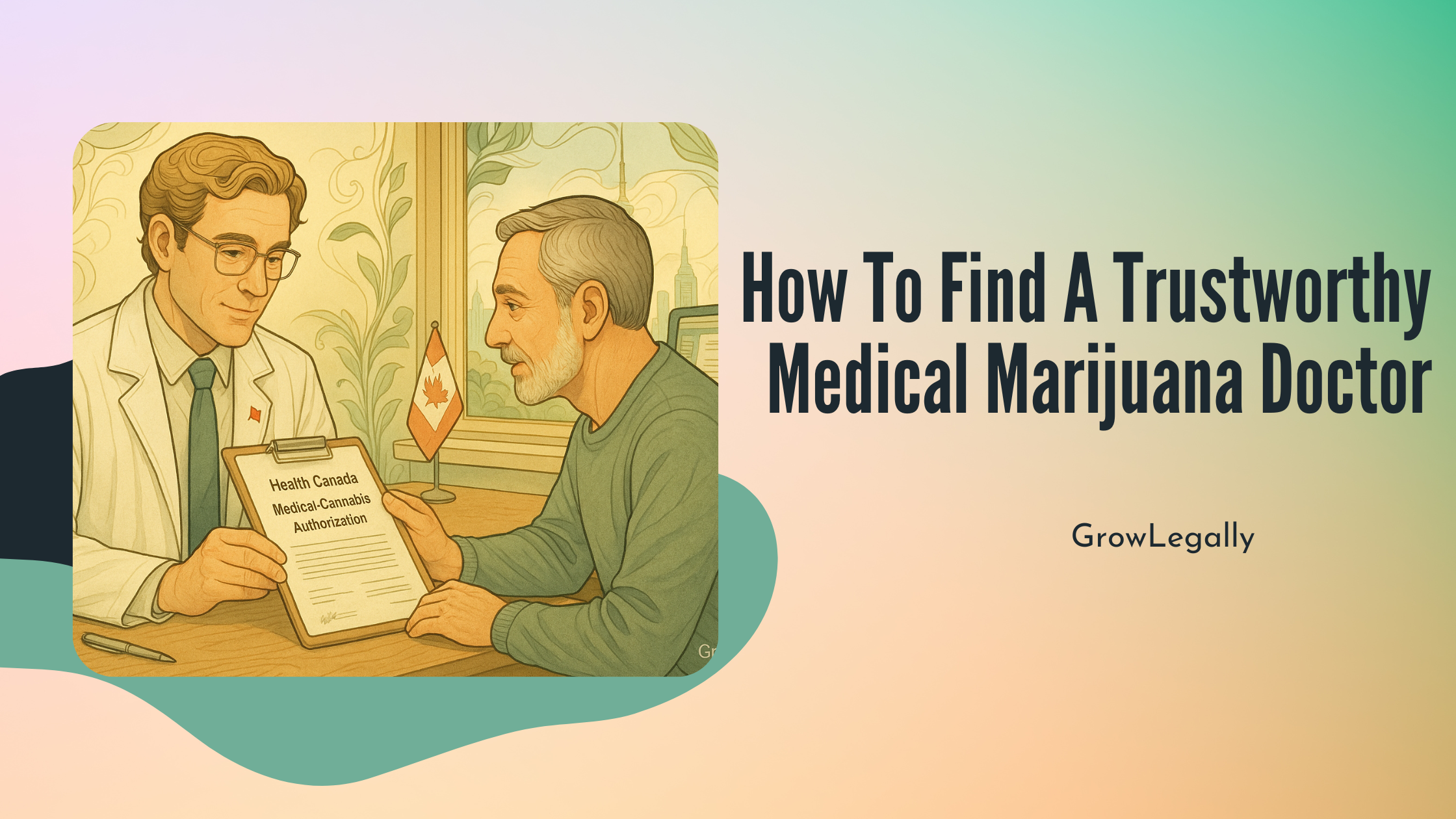
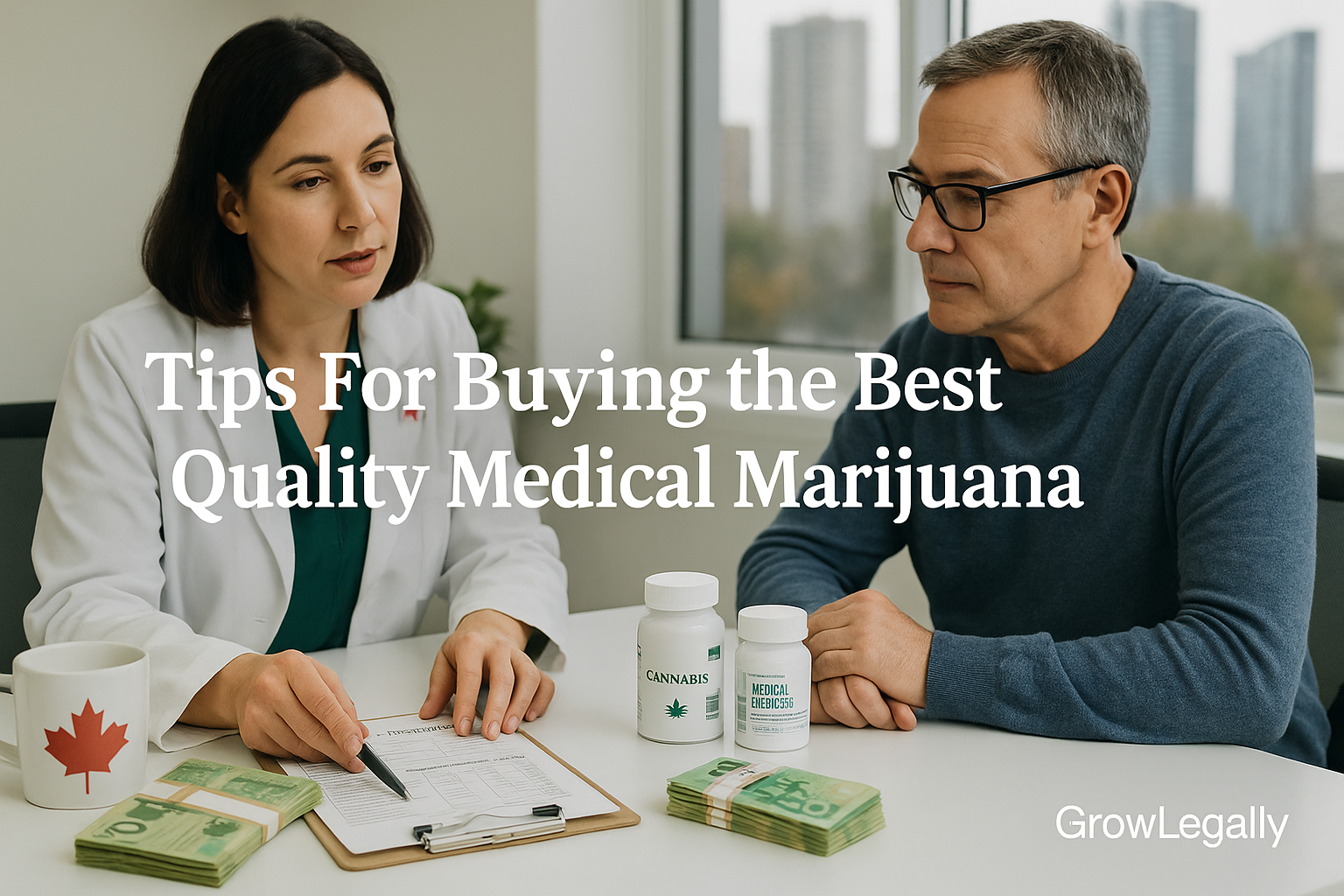
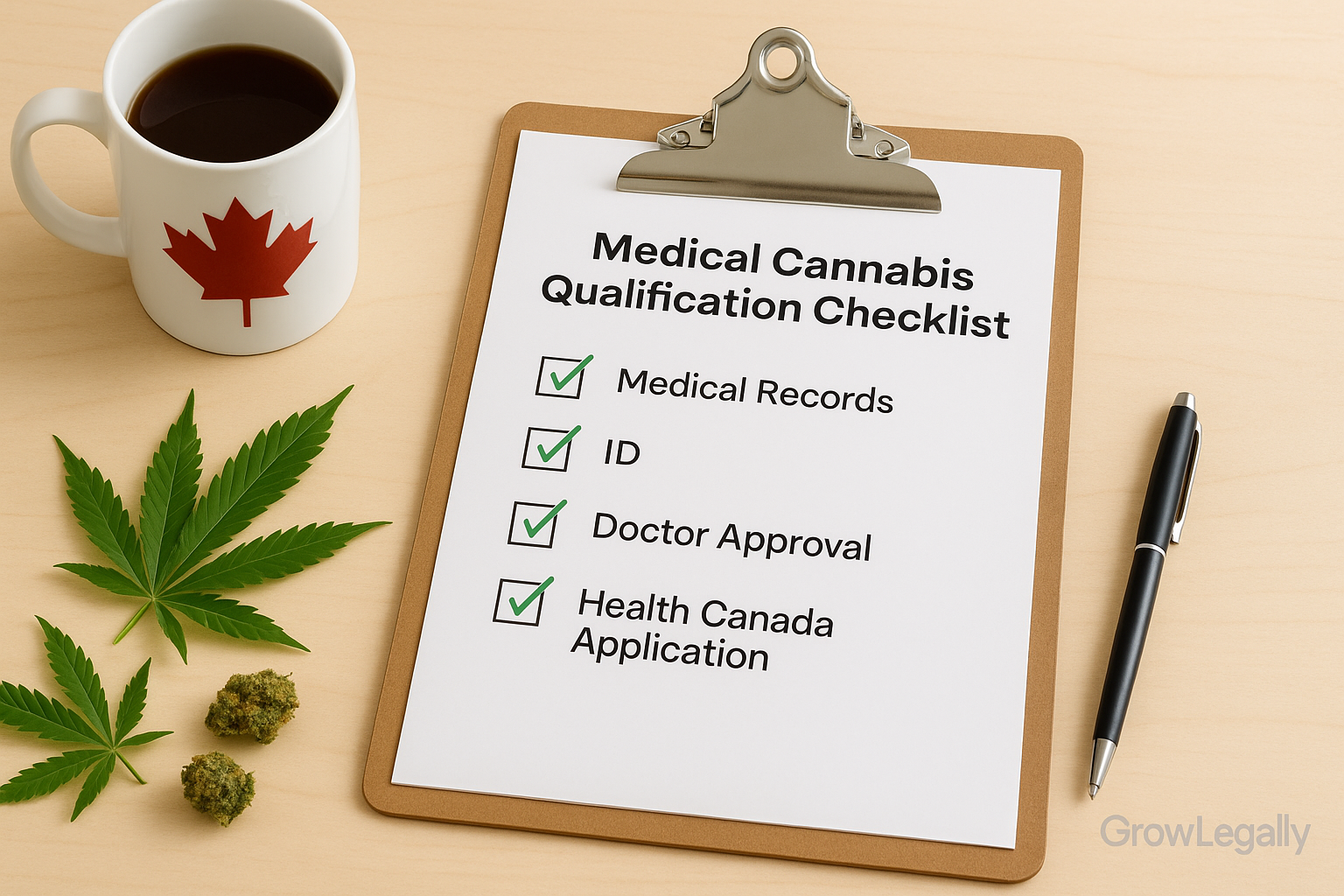
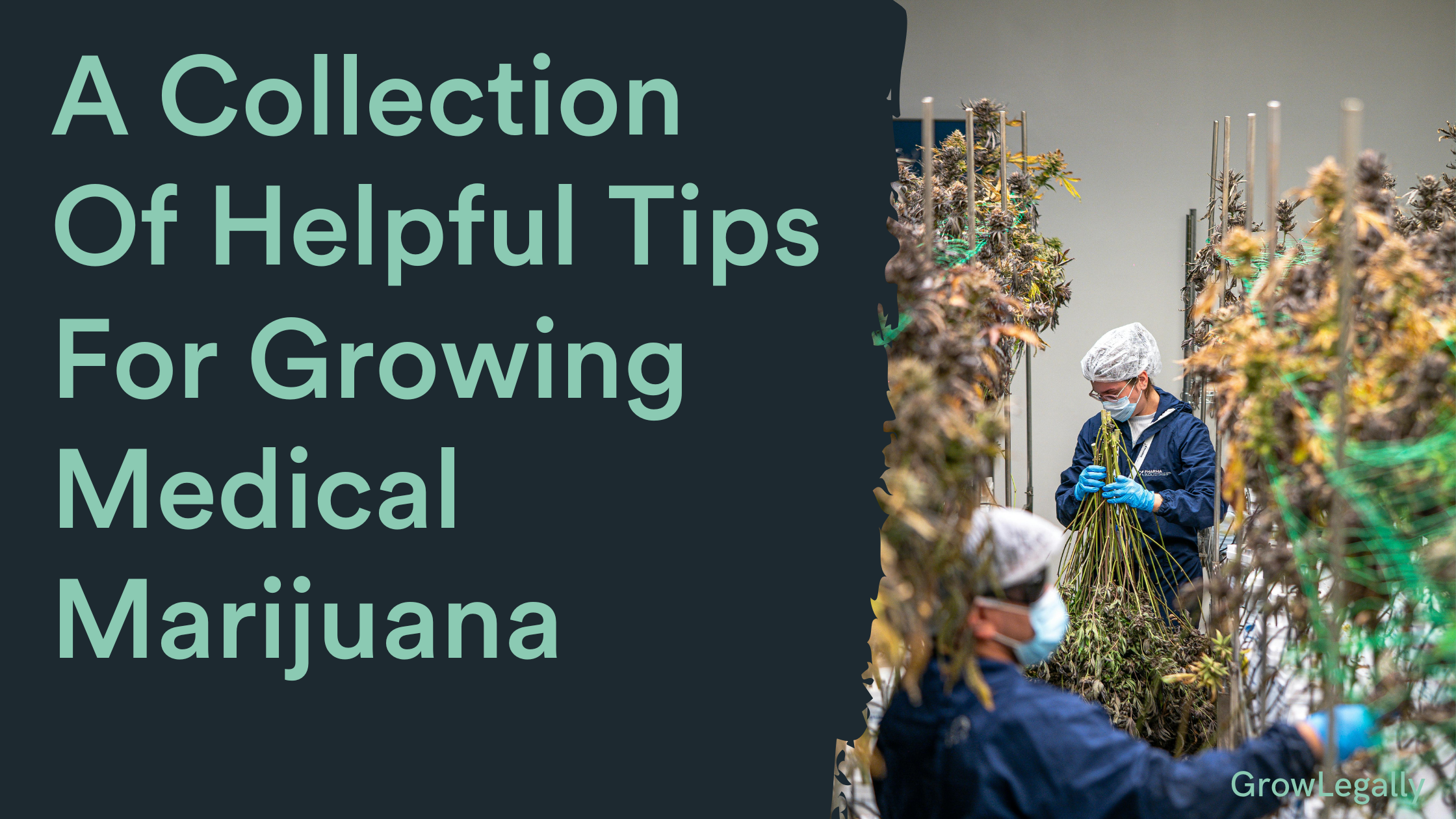
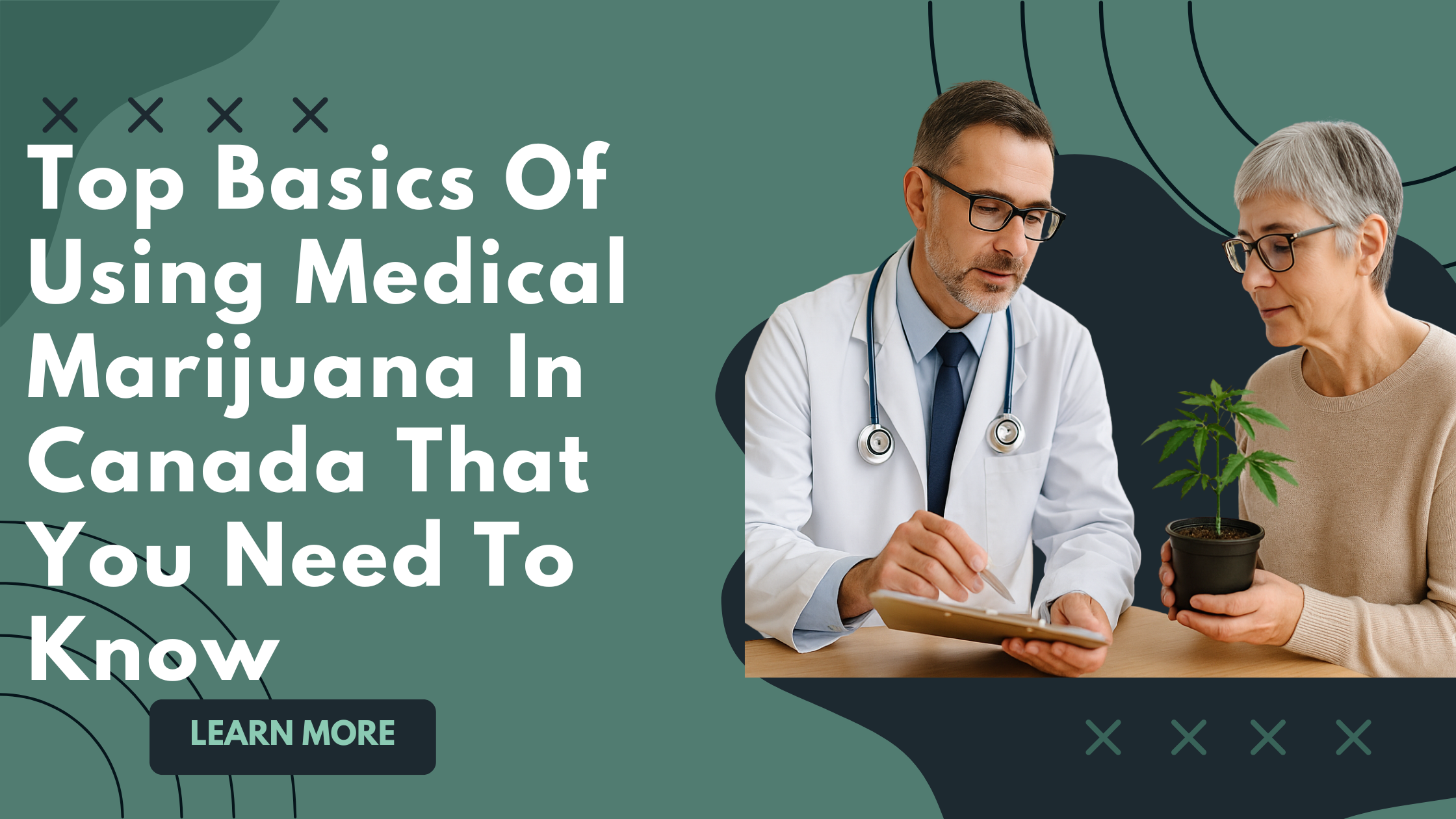
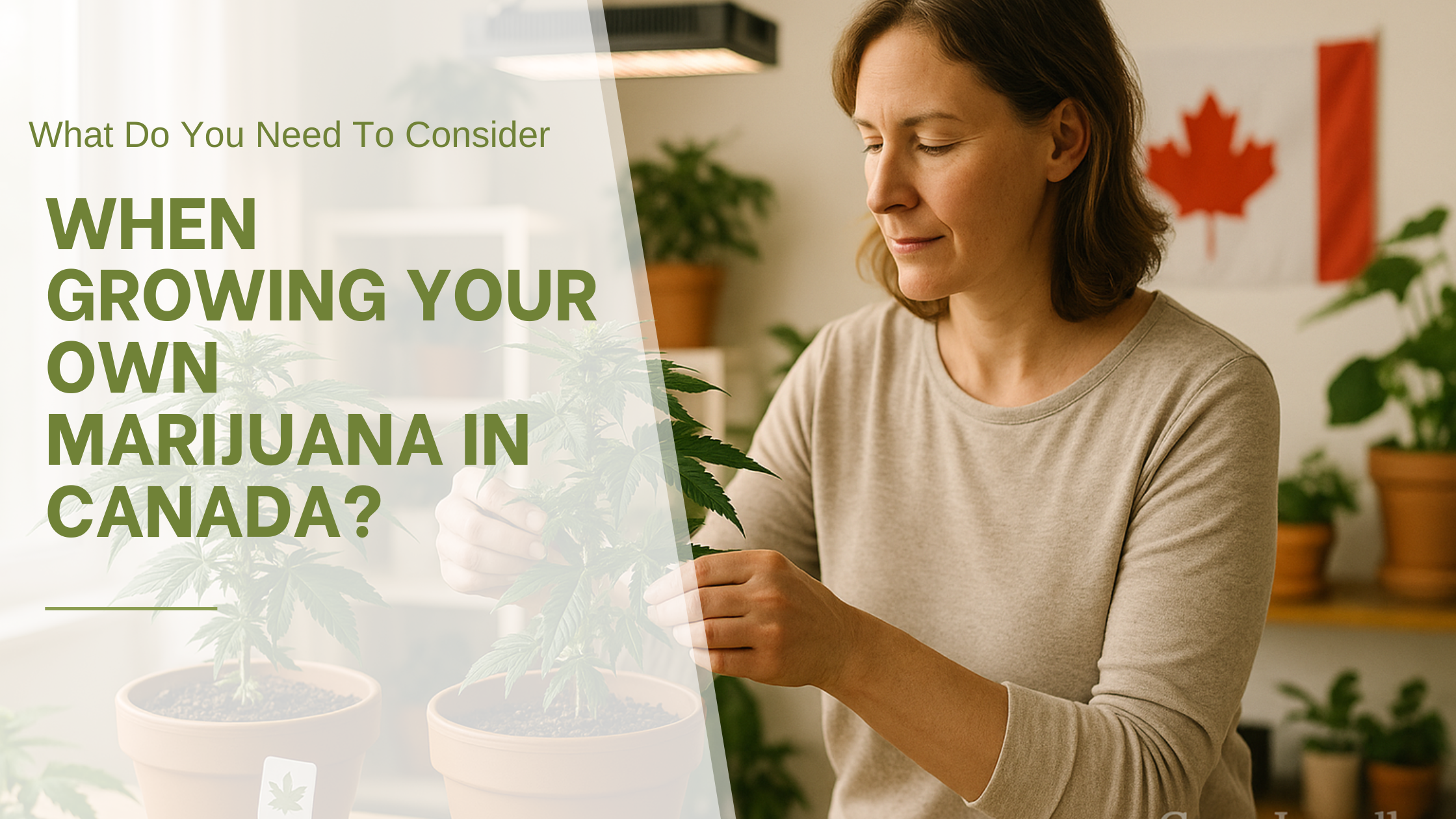


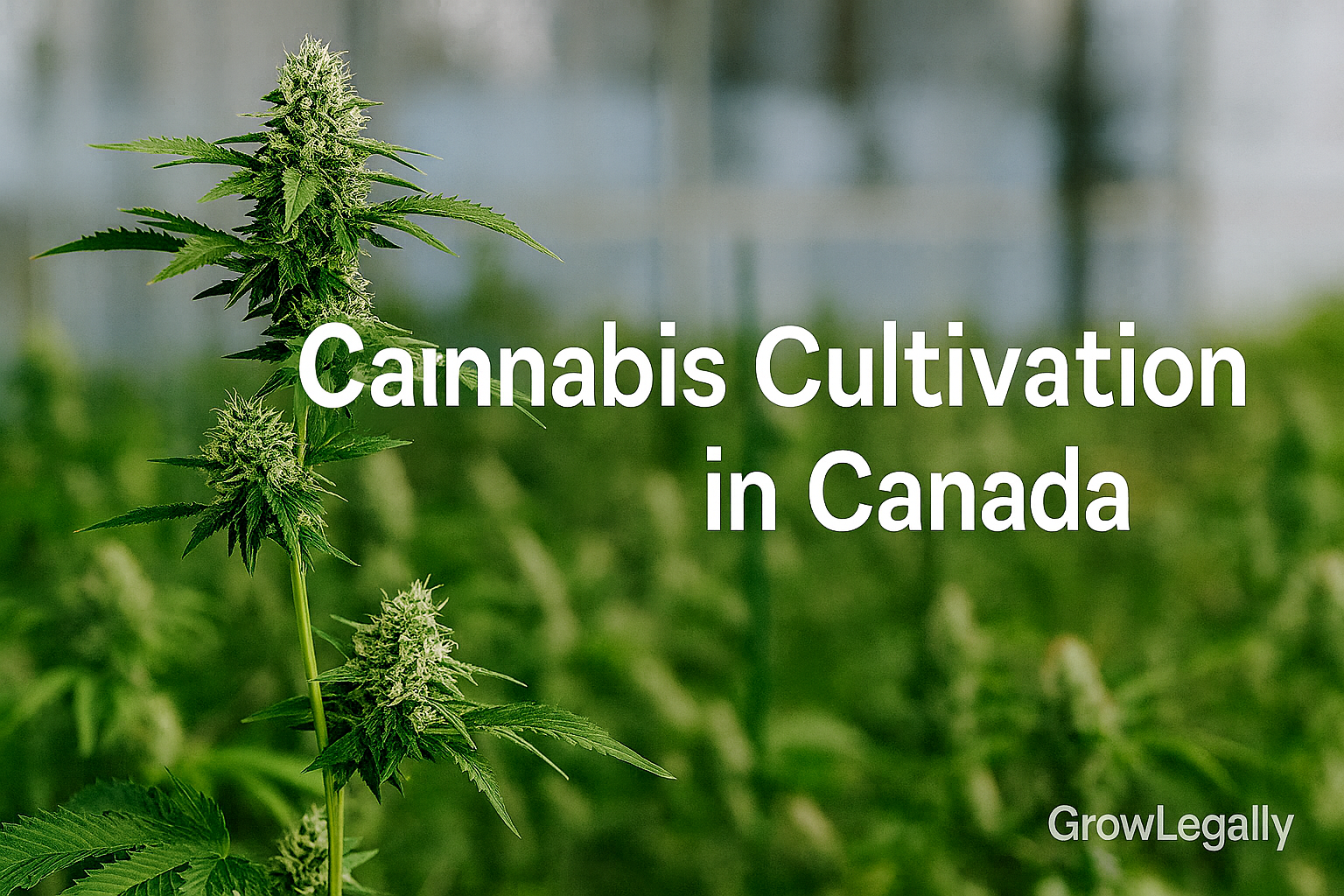
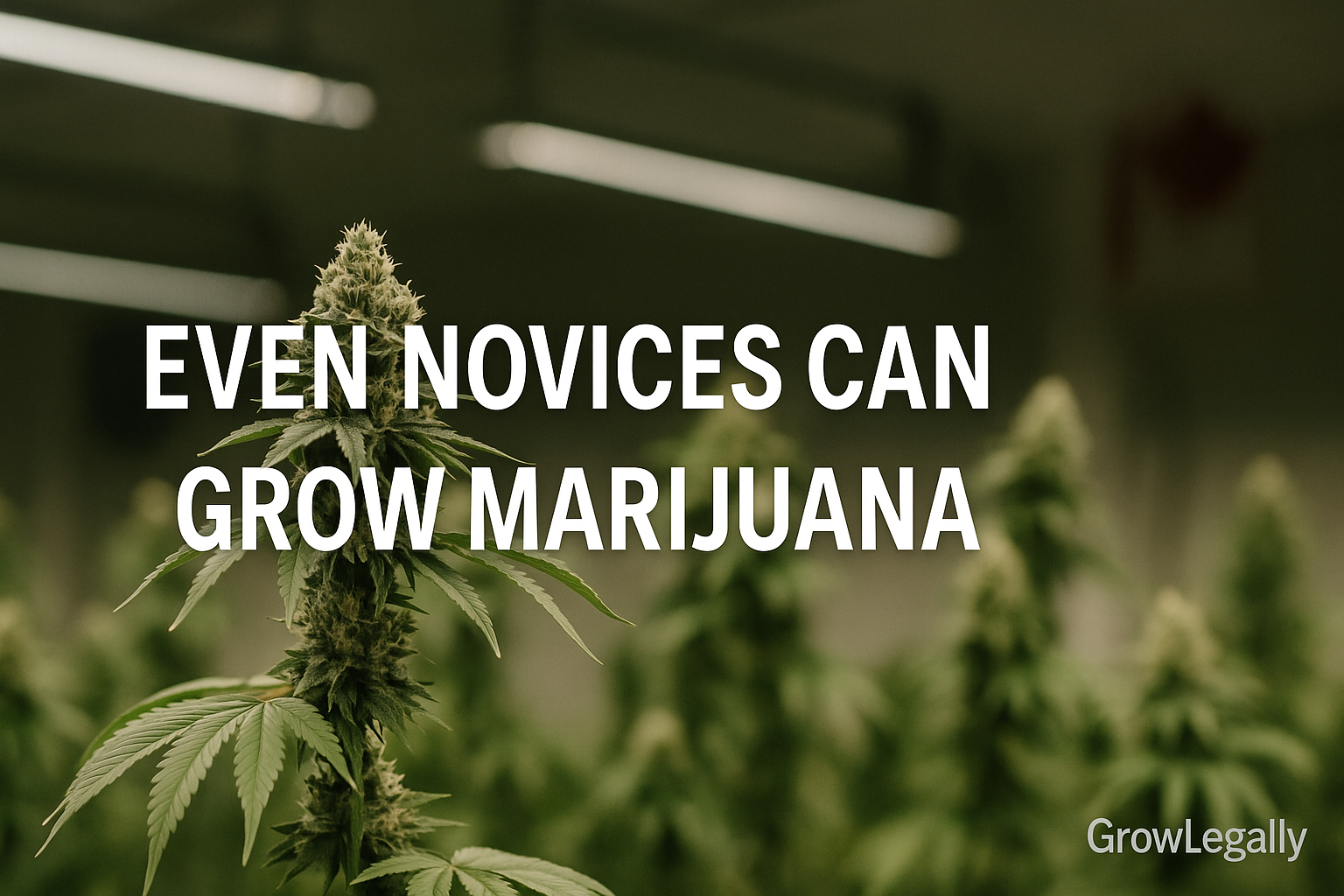


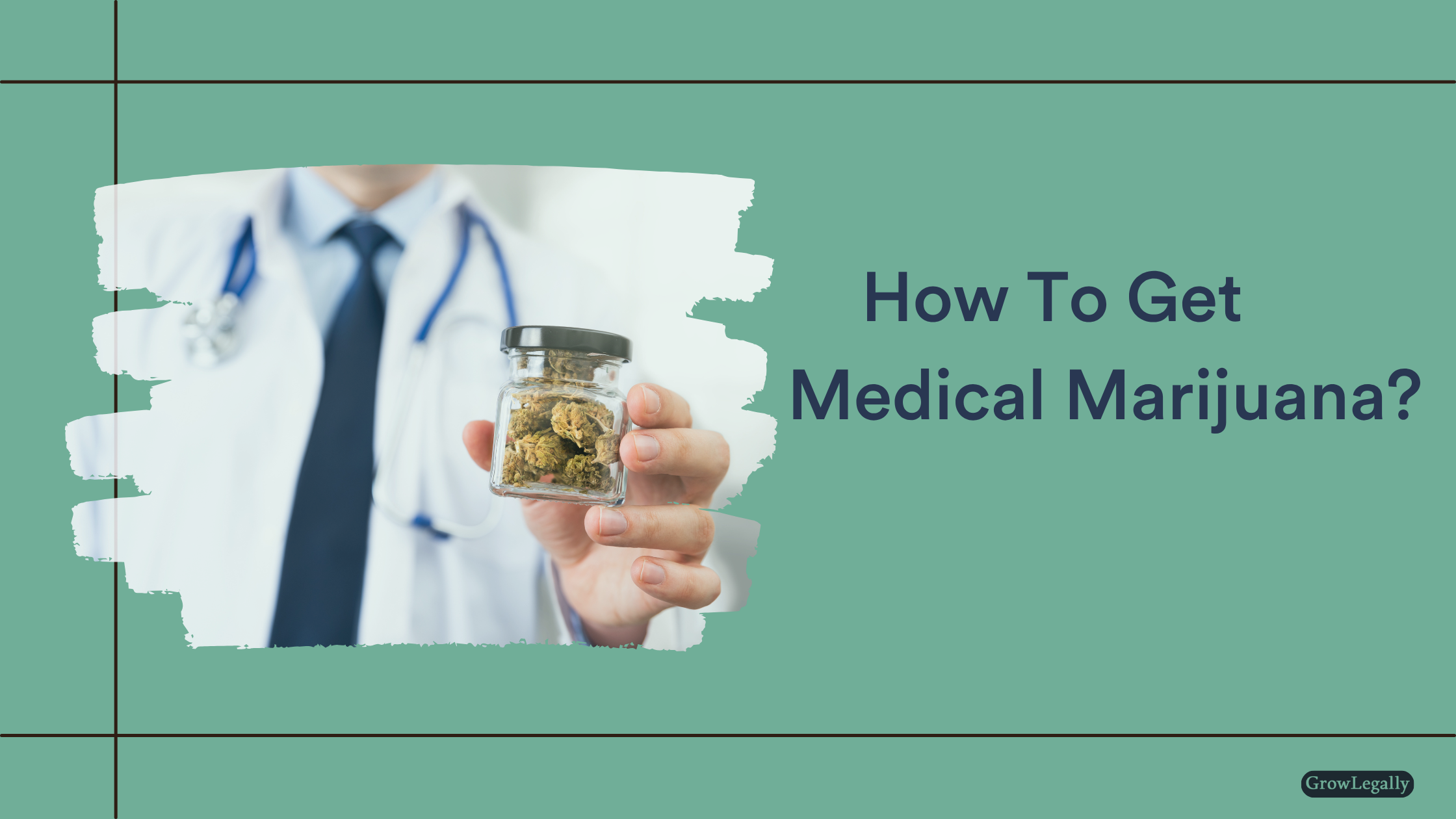

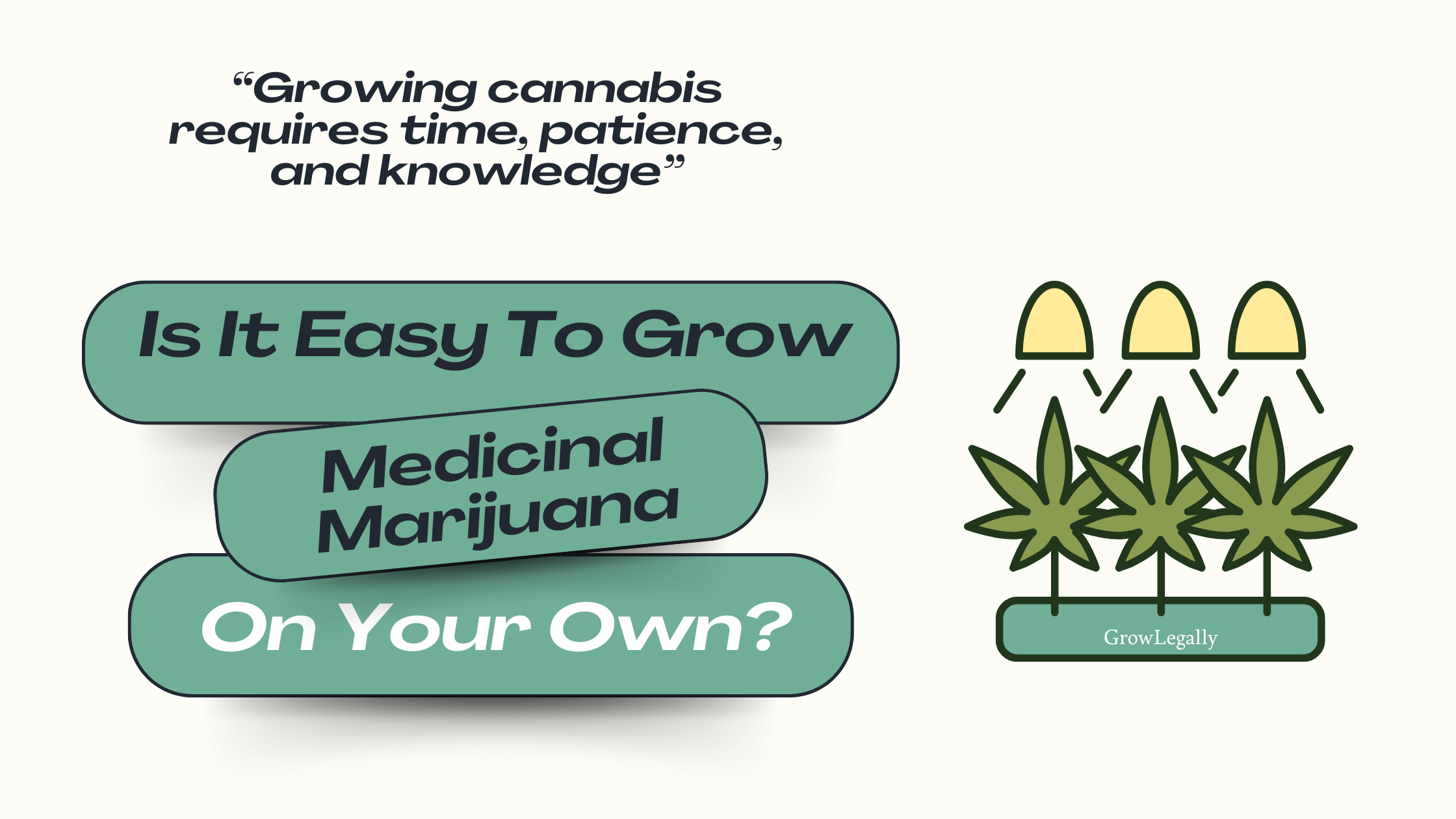
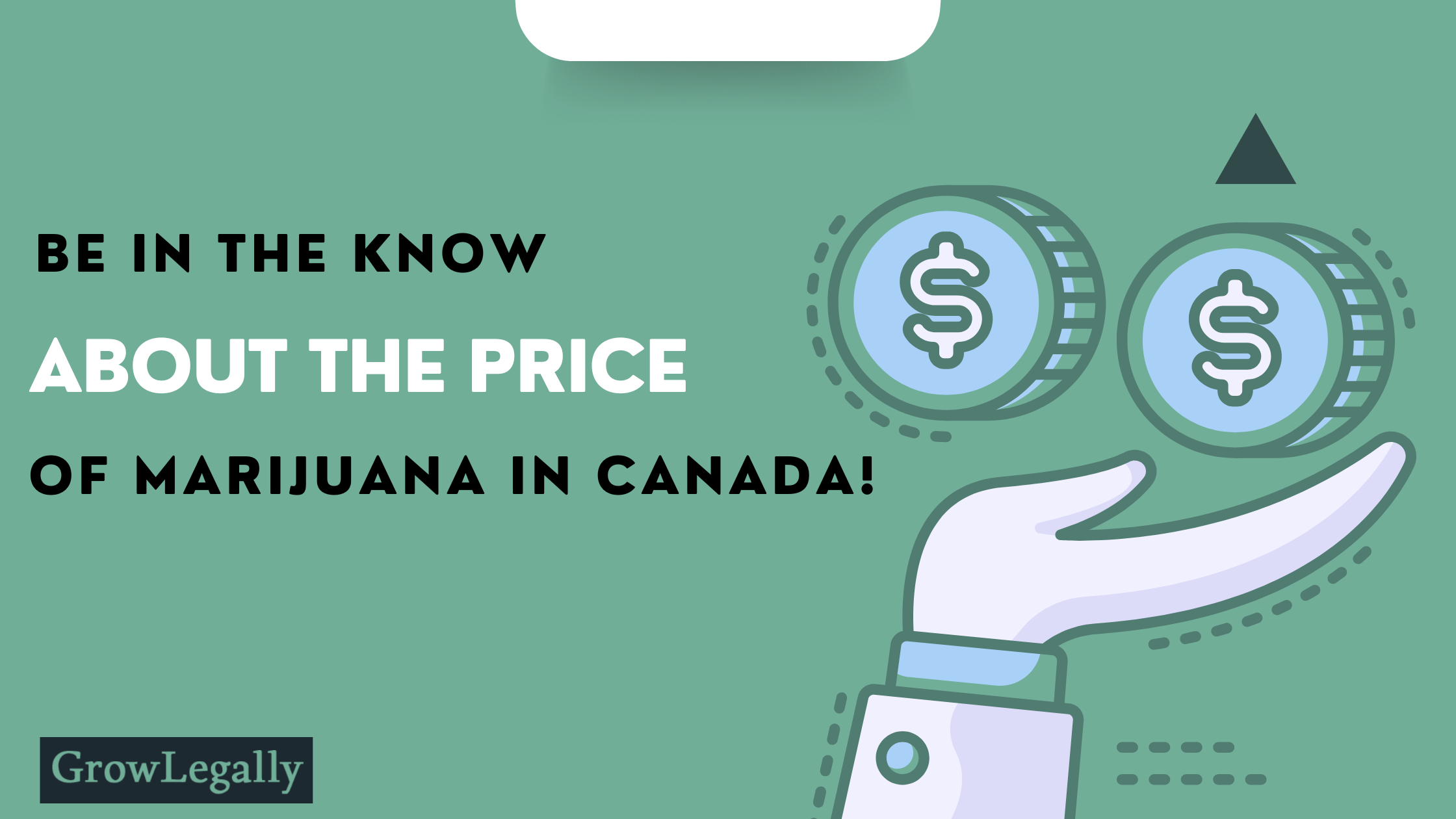





















.png)

















































.png)




























